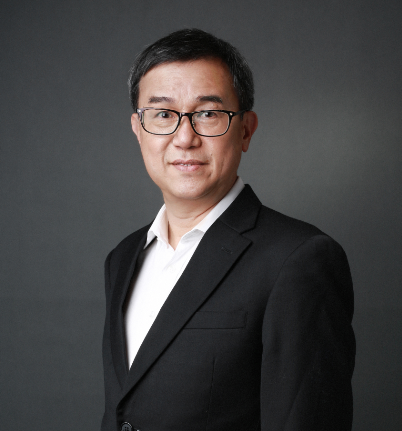Jack Sim is the founder of the Restroom Association of Singapore, the World Toilet Organization, the World Toilet Day initiative and Bottom of the Pyramid Hub. Formerly from the construction industry, he decided to devote the rest of his life to social causes after attaining financial independence at the age of 40.
Can you explain what your association does and your own background?
The sanitation crisis of 2.6 billion people in the world without access to proper toilets, hygiene, safety and sewage treatment created a massive health and safety crisis as rivers become contaminated and hundreds of thousands die per year. Girls drop out of schools during their menstruation and women get raped when they defecate openly in bushes.
I founded the World Toilet Organisation in 2001 as the global voice of toilets and the sanitation agenda. Through our unique blend of humour and serious facts, we broke the taboo on an unspeakable subject and brought it from oblivion to global media. Our founding day, 19th November, was unanimously adopted by all countries of the UN General Assembly in 2013 as the official UN World Toilet Day. The legitimacy and awareness created major public policy change and hundreds of millions of toilets have been built as a result – we’ve since created a series of World Toilet Summits around the world and also built two World Toilet Colleges in India.
How does the theme of ‘Knowledge Creation’ reflect what your association does?
Before the founding of World Toilet Organisation, sanitation was parked under the Water Agenda. Since Water is more glamorous, all funding and resource went towards this, while sanitation drowned underneath. Knowledge creation comes from gathering all the knowledge from various locations and distributing them comprehensively to all to share at every level.
By creating sharing platforms, knowledge combines to create new ideas and new knowledge. By facilitating networks and relationships, we create partnerships and legitimacy for powerful lobbying towards change.
What trends have you observed with ‘Knowledge Creation’ and do you anticipate any upcoming trends?
The world is flat now – knowledge flows horizontally. However, we are at the same time, flooded with an overwhelming amount of unfiltered knowledge. In the future, ecosystem approaches will be superior to single organisation approaches to solving problems. Whoever is not collaborating and working in silo will find themselves uncompetitive against the wider ecosystem. Managing those relationships and trust, and incentivising alignment of stakeholders missions will be a new and highly prized skill.
How can associations implement this to create their own impact work?
The globalisation of markets means problems and opportunities are also seen at a global scale. Such massive new marketplaces cannot be served and satisfied by single entities. Therefore, whoever is willing to form consortium and clusters to hunt in packs will be superior to those acting alone. As a social entrepreneur, my role is to align all the global actors ranging from corporations to governments, academia, multilaterals, local communities, media, funders, and civil societies stakeholders to act as such that the combination of all their selfishness adds up to combined selflessness for their common mission of profits and impact.
Do you have any examples of excellent impact/legacy work you’ve observed either within your association or out with, in relation to the theme of knowledge creation?
My journey in the last 19 years with World Toilet Organisation is the perfect example of how to create massive transformative movements towards changing the world. Each year, World Toilet Day and World Toilet Organisation reaches about 3 billion audience globally. Through our storytelling power, media secure readerships and advertising income; politicians get votes and power, academia get publications, donors get bigger bang for their bucks, celebrities get fame, NGOs gets funding and the poor get toilets.
Now I am doing the same journey with Base of Pyramid (BOP) HUB, a poverty alleviation platform for all businesses and social entrepreneurs partnering to open up this new marketplace of 4 billion new customers at BOP. I’m in fact now building a World Trade Centre for the Poor in Singapore. This 65,000 sq ft building will complete in Sept 2019.
